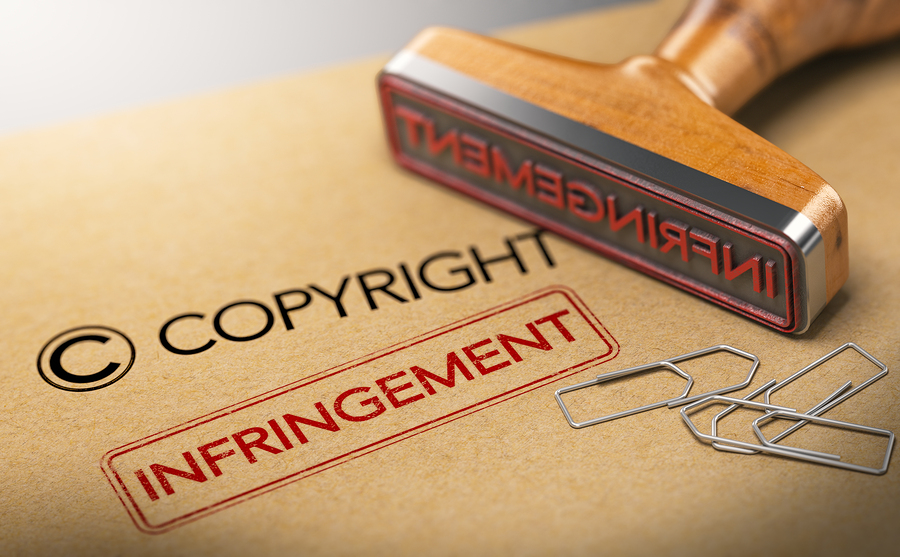Remember you can use the big red button at the bottom right-hand column of this blog page to ask us questions. (It is titled “Ask a Question.”)
Question:
“I don’t have a ton of quotes in this manuscript. Any I do are short—maybe a sentence. What’s your take on the whole permissions/“fair use” argument? Over the years, I have heard more interpretations/explanations of what’s required when quoting someone than I’ve got fingers and toes. What’s the current practice in Christian publishing?”
Answer:
It depends!
Every publisher sets their own threshold of “fair use” versus requiring permissions.
One publisher requires permission for using 25 words or more from any one source, aggregate over the entirety of your book. This means if you quote 16 words in one place and 10 words in another, you must get written permission. Other publishers have a higher threshold where up to 300 words from a single source is permissible.
I spoke to one college professor who said they could lose their job if they misused quotations in their class handouts without the proper permissions!
Be very careful. Intellectual property is the latest playground for litigation.
It doesn’t mean you can’t quote or use something; you must simply receive permission ahead of time. Be prepared to pay a fee for the use of that material. The cost depends on the source material and the extent of your use.
Below is an edited version of what one publisher gives to their authors as their guideline. It is a basic guideline, but not all publishers follow this. If you are an independent author, you need to be extremely careful. You don’t want to receive a cease and desist letter from a major estate or publisher because you have overstepped the boundaries.
I’ve added some comments in bold in the text below to help explain.
Permissions Guidelines by a Publisher
Assume that everything created by a “creator” is covered by copyright law (except for that which is public domain). This includes the written word, music, cartoons, illustrations, film, charts, diagrams, and photographs in any form. Permission must be obtained from the copyright holders to use copyrighted material if the material is beyond the fair use guidelines (see below).
The author is responsible to obtain all permissions and releases necessary for any material to be quoted in the manuscript and pay for such permissions if needed. Remember that it can take considerable time to obtain permissions (up to eight weeks or more). It is important to be in communication with your editor about what needs permission and how likely it is that the quoted piece will appear in the final manuscript since the editing process may eliminate material for which you had sought permission.
Written permission is required for the following:
- 300 or more words from a single prose work in book form—fewer than 300 words is considered fair use. (This is a subjective standard that has not been fully defined by the court. Check with your publisher to find out where their threshold is.)
- 200 or more words from an article or other brief work (see above).
- If the quote exceeds 50 percent of the work (even if it is less than 200 words).
- Three or more lines of poetry or song lyrics. (Be especially paranoid about using song lyrics. The singer does not control the rights. The writer of the song does, and the rights are likely held by a large company. Read this article for further understanding.)
- Charts, graphs, maps, cartoons. (You can’t just Google an image and use it because it’s on the Internet! For example, the majority of photos at the top of our blog posts are purchased for that use from bigstockphoto.com.)
- Material that is complete within itself, such as a chapter of a book, an essay, a short story, a paradigm (i.e. the “Pyramid of Success” by John Wooden).
- Letters/correspondence—permission must be obtained from the writer of the letter, not the recipient.
- An internal quotation within another quotation may require permission if it is copyrighted and exceeds the bounds of fair use.
- (One publisher told me they require written permission to quote anyone who is quoted as saying something in the author’s memoir. Family members, coworkers, etc. Without their permission, they cannot be cited, in case they disagree and file a lawsuit. This is not always the case; but as always, check with your publisher.)
No permission is needed for any material in the public domain; however, the author, title, and publisher should be acknowledged. (See my article on when something becomes public domain.)
Other articles to read:
Jane Friedman’s “Writers Guide to Permissions and Fair Use”
by Steve Laube:
“Quote the Bible Carefully” (be sure to read this before quoting a Bible translation)
“The Cost of Permissions vs. Fair Use”
“The Landmine of Fair Use”
Others of interest:
From Hollywood Reporter: “Sony Sued Over William Faulkner Quote in ‘Midnight in Paris'”
From Plagiarism Today: “Copyright Myths”
From Entertainment Today: “Ed Sheeran Sued for Copyright Infringement for ‘Thinking Out Loud'”


